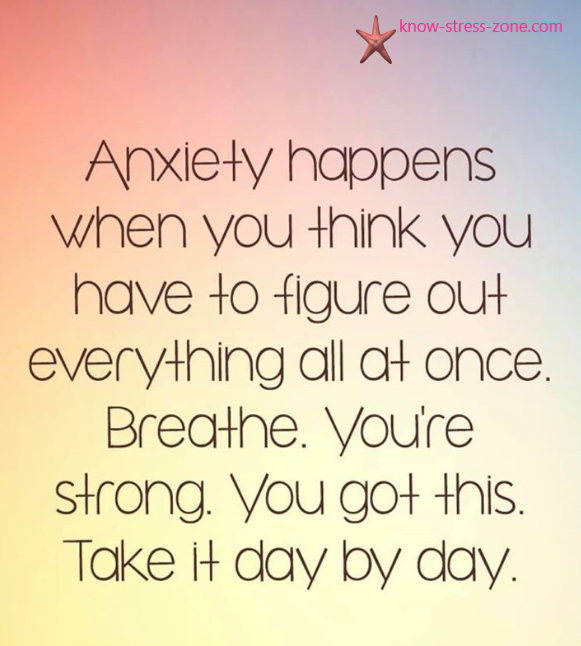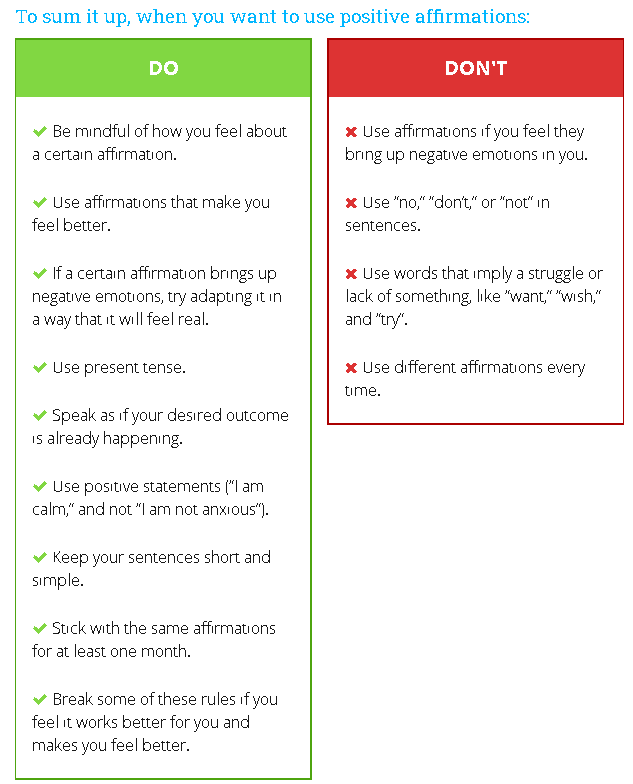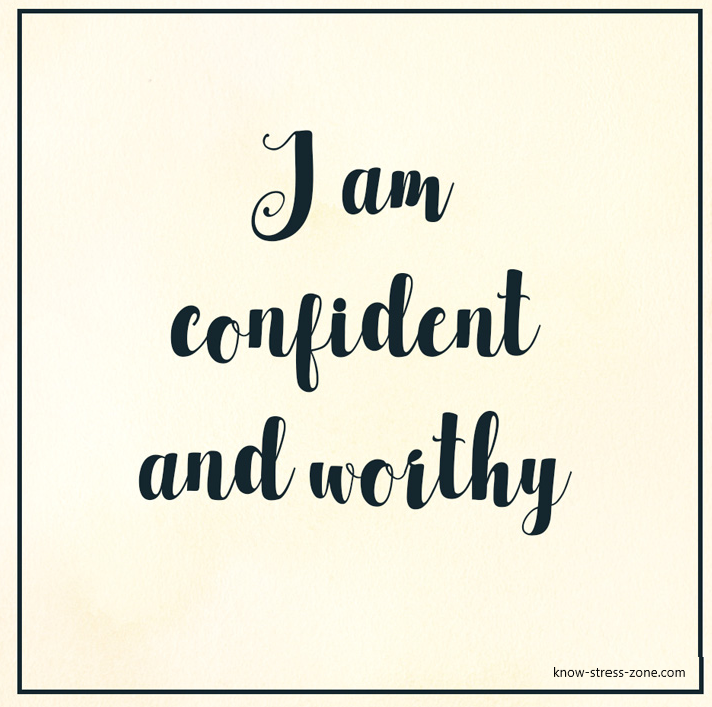Dealing with Anxiety In a Turbulent World
Dealing with Anxiety: Okay, so besides the normal day to day hustle and immense
stress of daily living in the modern world, we now have a pandemic to contend
with.
Unfortunately, dealing with anxiety has become somewhat of a normal part of life for many individuals in the world today. Although this problem is not necessarily a new phenomenon, there are certain aspects of modern times that have served to exacerbate the issue.
|
Due to our world being so connected through the internet, social media and other forms of media, people today are not only exposed to the issues in their immediate environment. Instead, we are shown all of the bad things taking place across the entire globe. Furthermore, we are expected to juggle so many more responsibilities at one time, all while being as productive as possible. Although anxiety certain varies in intensity and frequency from person to person, there are a few ways to deal with the problem that are beneficial for anyone experiencing this issue. |
I'll discuss a few of these techniques in order to alleviate some of your anxiety, hopefully improving your overall quality of life.
Dealing with Anxiety:
Live in the moment
Although it may seem obvious when stated, the only point in time in which you will EVER exist is right now. Ironically, most of us dedicate the bulk of our mental energy into the past or future. Anxiety is great at causing us to replay past mistakes in our head and constantly worry about things that have yet to occur.
A big part of dealing with anxiety is to live in the moment. This means focusing all of your physical and mental energy on what is going on right now. Not only does this simplify life, it also allows you to get the most out of your limited time.
When dealing with anxiety, trying to deal with your entire past and future on a constant basis makes it virtually impossible to appreciate what is right in front of you.
Dealing with Anxiety:
Start filling your mind with helpful thoughts
|
1. Always listen to your feelings. How does repeating an affirmation make you feel? If it makes you feel better, then by all means, go for it. If it doesn’t make you feel good, read next point. 2. If an affirmation brings up unpleasant feelings, you can adjust it in a way that will make you feel good. For example, if you suffer from low self-confidence and depression, saying “I am very confident and full of joy” will probably feel fake and create an inner resistance to these words. |
So what you can do is find a statement that is more neutral and feels more real. You might say “I feel better and stronger every day,” or “I am more in peace with myself with each day passing.”
These are just examples to illustrate the point – you should find your own statements that make you feel better.
One of my favorites is “I am completely calm and relaxed deep within.” While saying that, I also intentionally bring up the memory of a moment when I was calm and relaxed.
Another one of my favorites is “I am connected to other people with harmony.” Once again, besides just pronouncing the words, I intentionally bring up the feeling of a moment when I felt that with someone. It could be a close friend or a family member. Then I imagine experiencing this peaceful feeling with other people as well.
Remember, the whole point is to create new, positive feelings, not just to pronounce words. Words themselves are just letters put together. You are the one who gives words meaning and with meaning come emotions.
If you cultivate positive feelings through affirmations regularly every day, those feelings grow and become a natural part of you.
3. When choosing your affirmations, consider the following:
Our subconscious mind takes our statements literally. If you use affirmations in the future tense, your feelings will most likely reflect the absence of what you want because you project the desired outcome somewhere in the future. As long as you project it in the future, it will stay there and you won’t be cultivating the feeling of having what you desire here and now. In the same way, if you say “I want…,” the feeling you will create will reflect exactly that: wanting. The feeling of wanting and not already having is probably not something you are looking for. This brings me to the next point:
Don’t use words that imply a struggle or lack of something, like “want,” “wish,” and “try.” For example, instead of saying “I want to feel relaxed,” or “I will try to stay calm,” say “I am more and more relaxed every day,” or “I am completely calm.”
Our subconscious mind doesn’t know the words “no,” “don’t” and “not” very well. So instead of “I am not feeling anxious,” say “I am at peace,” or “I am calm and relaxed.”
Use only positive words and statements to beat social anxiety. Besides the “no” and “not,” it’s also better not to use any words associated with unhelpful states. For example, don’t say “I am overcoming social anxiety.” Instead, say something like “I am connected with other people in harmony.” You can even use a general affirmation like “I am calm and relaxed deep within me.”
Keep your sentences short and simple to beat social anxiety.
Use only present tense and speak as if it’s already happening.
Once you choose your favorite affirmations, write them down and stick with them for at least one month. It’s important to repeat the same affirmations regularly to truly imprint them into your mind. Using different affirmations every time is far less effective.
Beat Social Anxiety:
What to say to yourself
|
You've probably felt anxious in social situations for your whole life, and you probably thought it would never change. You may have resigned yourself to all the worry and fear you feel before a social event, and perhaps developed ways to cope with that. But, what if it didn't have to be that way? What if you could train yourself to relax at social occasions. And in the lead-up to them too? What if socializing could become something you actively seek out, so that growing your social circle becomes something you look forward to? Use the affirmations below or create your own to help beat social anxiety. They will help you redirect your unhelpful thoughts from anxious and depressive overthinking to a more constructive and helpful train of thoughts. |
- I am completely calm and relaxed deep within. This inner peace is expanding into everything surrounding me.
- I am connected to other people with harmony, love and compassion.
- I trust in the infinite abilities of my higher self.
- I allow the infinite power of my higher self to guide me.
- I am okay, I can do this.
- Everything is okay.
- Everything will be okay. (Yes, I break one of the rules here because sometimes things really aren’t okay and it just feels good to remind ourselves that everything changes and that it will be okay. As long as using the future tense is an occasional exception to the rule, it’s fine.)
- I connect with people openly and spontaneously.
- I can always find something good in every person I meet.
- I focus on everything that’s good in my life, no matter how small it might seem.
- I am in complete harmony with myself and others.
- I am more confident with every passing day.
- I feel stronger with every passing day.
- Complete peace and harmony are taking over my whole being.
- I am grateful for all the good people and things in my life.
- Relationships enrich me and help me grow.
- I welcome new friends into my life, and they welcome me warmly as well.
- All the power is within me. ~parts adapted for beat social anxiety via FreeFromSocialAnxiety.com
Dealing with Anxiety:
Control what you can control
|
The truth is, many of the issues causing anxiety in your life are beyond your control. This includes global and community issues as well as problems in your personal life. What you need to realize is that the weight of the world is NOT on your shoulders, even though it can certainly seem like it at times. Anxiety tells you that you should be worried about solving problems that are way out of your hands. In reality, focusing on the issues that you actually have the ability to resolve is a much healthier response to a problem-filled world.
|
Dealing with Anxiety:
It's okay to not feel okay
The truth is, many of the issues causing anxiety in your life are beyond your control. This includes global and community issues as well as problems in your personal life.
What you need to realize is that the weight of the world is NOT on your shoulders, even though it can certainly seem like it at times. Anxiety tells you that you should be worried about solving problems that are way out of your hands.
In reality, focusing on the issues that you actually have the ability to resolve is a much healthier response to a problem-filled world.
Dealing with Anxiety:
Get help if you need it
Finally, if your anxiety is something you are having trouble dealing with on your own, then don’t! There is absolutely nothing wrong with seeking professional help for this issue. Ironically, our society welcomes getting help for even minor physical ailments but acts as if doing the same for a serious mental issue is taboo.
Consider this, if you had the flu, you would most certainly seek the appropriate doctor to take care of it. Why would you not seek a doctor that is medically trained in alleviating mental health issues if you are dealing with anxiety? There is help out there, get it if you need it!
|
Please check out my Free Stuff page for some quick tools to get you feeling better right away. Also, if you take a look in the Self-Help Shop, you'll see all the programs I use myself and that I recommend. Many of these programs offer free samples - you know I love free! When dealing with anxiety be gentle with yourself and care about yourself. Expect to feel better. It is absolutely possible, but you have to be willing to do something to change your brain's programming. |




